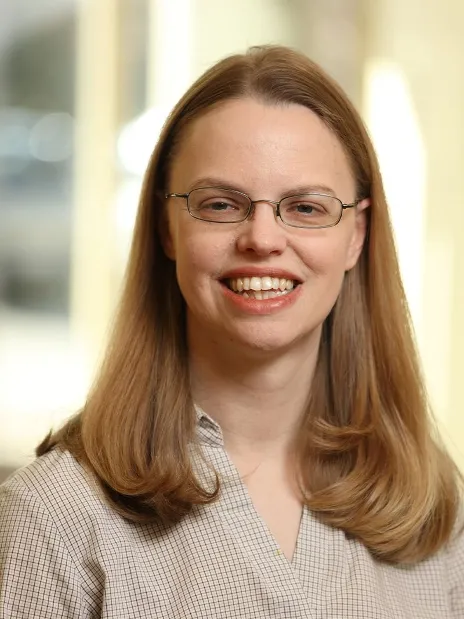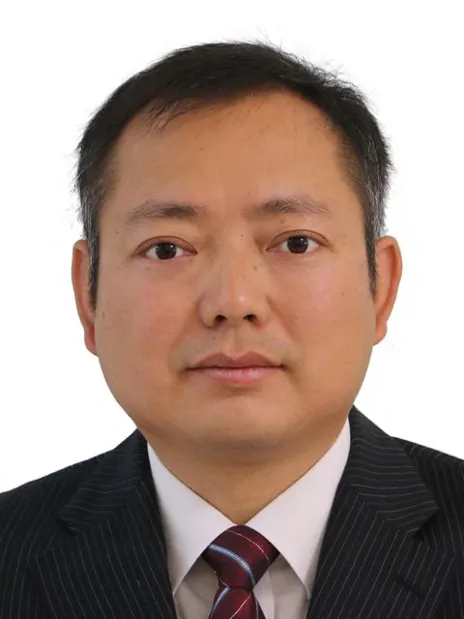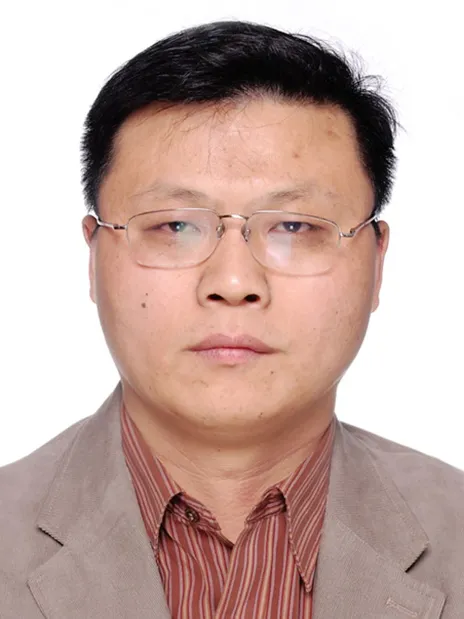Analytical Methods
Early applications of new analytical methods and technology demonstrating potential for societal impact.
Editor-in-Chief: B. Jill Venton
Open Access: Hybrid

Analytical Methods welcomes early applications of new analytical and bioanalytical methods and technology demonstrating the potential for societal impact.
ISSN: 1759-9679
Indexed in: MEDLINE
Journal Impact factor
2.6 (2024)
First decision time (all)
16 days
First decision time (peer reviewed)
34 days
Scope
We require that methods and technology reported in the journal are sufficiently innovative, robust, accurate, and compared to other available methods for the intended application. Developments with interdisciplinary approaches are particularly welcome. Systems should be proven with suitably complex and analytically challenging samples.
We encourage developments within, but not limited to, the following technologies and applications:
- global health, point-of-care and molecular diagnostics
- biosensors and bioengineering
- drug development and pharmaceutical analysis
- applied microfluidics and nanotechnology
- omics studies, such as proteomics, metabolomics or glycomics
- environmental, agricultural and food science
- neuroscience
- biochemical and clinical analysis
- forensic analysis
- industrial process and method development
How do Analyst and Analytical Methods compare?
From discovery to recovery – Analyst and Analytical Methods working together for the analytical community
Analyst, 2011, 136, 429
DOI: 10.1039/c0an90013c
Readership
Readership is cross-disciplinary and Analytical Methods appeals to readers across academia and industry, who have an interest in the advancement of measurement science and the breadth of application of analytical and bioanalytical methodologies.
These include, but are not restricted to, analytical and environmental scientists; biochemists and biotechnologists; process and industrial scientists; biomedical and clinical scientists; forensic and heritage scientists; agriculture, food, safety and product technologists; pharmaceutical scientists and toxicologists.
Information for authors
Want to publish in this journal? Our author guidelines explain how to prepare and submit your article and provide useful information on the review and publication process including transfers, revisions and any article processing charges (APCs) that may apply.
You can read our payments and funding information for further details about APCs, which may apply for publishing open access in this journal, as well available discounts and waivers.
You may be able to publish open access in this journal, with no APC to pay, if your institution has an open access agreement with us. You can use our journal finder tool to check for agreements between us and your institution.
Meet the team









Jailson de Andrade
Universidade Federal da Bahia
Lane Baker
Indiana University
Craig Banks
Manchester Metropolitan University
Jonas Bergquist
Uppsala University
Emanuel Carrilho
São Carlos
James Chapman
Griffith University
Yi Chen
Chinese Academy of Sciences
Christopher J. Easley
Auburn University
Juan F García-Reyes
University of Jaén
Amanda Hummon
Ohio State University
Juewen Liu
University of Waterloo
Jim Luong
Dow Chemical Canada ULC
Scott Martin
Saint Louis University
Susheel Mittal
IK Gujral Punjab Technical University
Antonio Molina-Díaz
University of Jaén
Koji Otsuka
Osaka Metropolitan University
Brett Paull
University of Tasmania
Michael Roper
Florida State University
Fiona Regan
Dublin City University
Zachary Schultz
Ohio State University
Sabeth Verpoorte
University of Groningen
Philippa Ross
Executive Editor
Alice Smallwood
Deputy Editor
David Lake
Development Editor
Gabriel Clarke
Development Editor
Rebecca Garton
Editorial Manager
Derya Kara-Fisher
Publishing Editor
Emma Stephen
Publishing Editor
Charlie Palmer
Publishing Editor
Tabitha Jay
Publishing Editor
Darryl Wilks
Editorial Assistant
Andrea Whiteside
Publishing Assistant
Sam Keltie
Publisher
Read this journal
Paper
Application of microfluidic modulation spectroscopy for simultaneous structural and thermal stability analysis of commercial mAbs under varying formulation conditions
Paper
A RP-HPLC-UV method for the dual detection of fluconazole and clobetasol propionate and application to a model dual drug delivery hydrogel
Paper
Waterborne protozoan parasite detection using two-frequency impedance flow cytometry
Critical review
Investigation and analysis of explosive traces in public locations with no military context: a critical review
More from this journal
Contact the journal team
We're here to help. Contact the journal team if you have any questions about publishing your paper with us.
Sign up for journal email alerts
Get table of contents alerts and notifications about calls for papers, themed issues and more.
